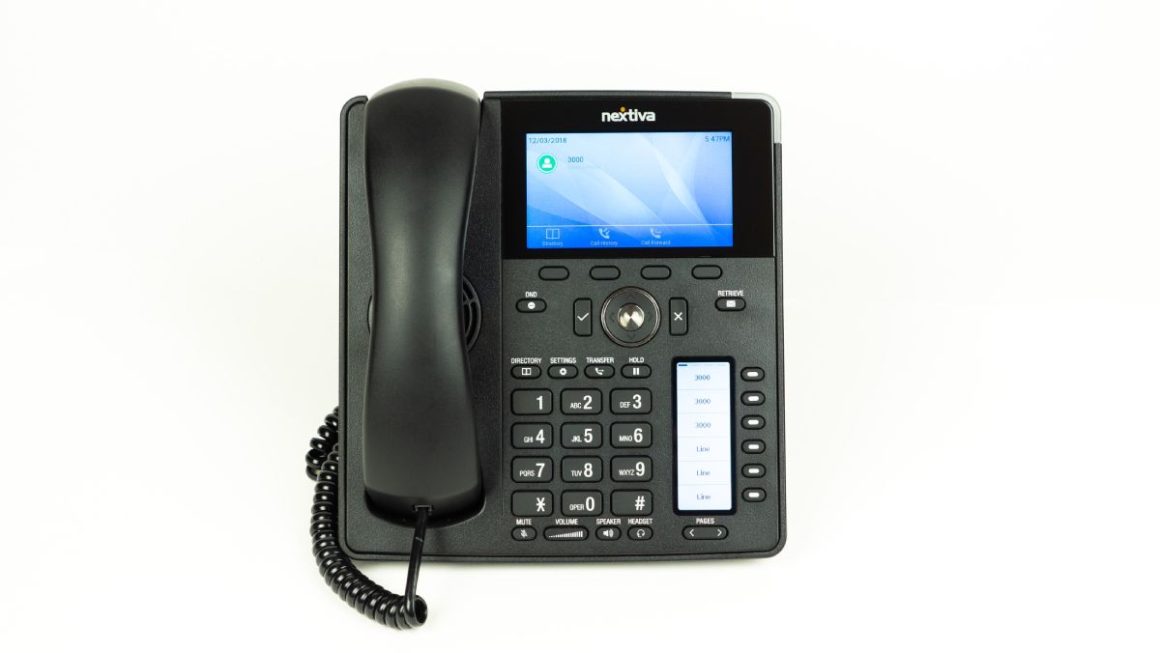The rise in the volume of business of online video games and eSports has increased cyber hazards in this sector.
According to the experts, it is essential that the players, adults or young people, know the keys to enjoy with them without running security risks that could endanger the bank account or the privacy of families, among other aspects.
” Video games no longer cater to age issues, there are millions of players, a lot of the money generated daily, many cybercriminals, varied cyber attacks, and also the consequences. Now there are eSports stars and their championships are televised. And this we have seen how it has grown even more during the Covid-19 crisis and quarantine, ” said Experts.
“ Online gaming environments have changed, their economic impact too and, therefore, you have to know the new rules of the sector to avoid unnecessary risks. At S2 Grupo we have made a report on the situation in the sector to detect the most frequent vulnerabilities that we undertake in relation to online gaming and thus establish a decalogue with keys for its cyber-security use ”, stated experts.
Cybersecurity tips from experts in online video games and eSports
Create an exclusive email for online video games
It is important to have an email account for each gaming ecosystem (Sony, Nintendo, etc.) and not to link access to games through social networks because they will have a lot of personal information available, in order to avoid phishing attacks. In these new emails, no private data should be given.
Use new and strong passwords
It must be at least 12 characters long, including uppercase and lowercase letters as well as special characters such as “%” and a mix between numbers and letters.
Do not link credit or debit cards to online video games
It is advisable not to associate any bank card, but to use a virtual wallet. The ideal for purchases in online video games is to create an exclusive PayPal account for this.
Do not manipulate the consoles
By manipulating, altering or on the one hand the warranty of the device is lost and, on the other hand, the security applied from the design.
Download video games from official stores
Downloading video games from unknown websites can lead to infecting devices and compromising private information.
Connect to known and reliable networks
When video games are played online, especially on mobile devices, they tend to connect to public networks such as a restaurant or an airport. These are open, vulnerable, and unreliable networks. It is advisable to use mobile data, preferably.
Always close the account session
If you play on third-party or third-party devices or in a LAN-party, you should not forget to log out of the account as well as delete temporary files, browsing history, or cookies.
Keep devices always up to date
One of the keys to staying safe from cybercriminals is without a doubt constantly updating your devices.
Install an antivirus
On all devices, it is essential to have a trusted antivirus (preferably paid) installed that adds an extra layer of security to the devices through which you play online.
Limit the use of chats and participation in online communities
Many times they can cause cases of grooming, cyberbullying, or cyberbullying.
Do not access unknown links or extensions
In many forums, video game communities, or chats with unknown players, it is common for different links or extensions to be posted or posted. When there is the slightest doubt about its origin or reliability, it should not be accessed since it can lead to infecting the gaming device.
Use parental control app
It is necessary to use a parental control app that allows you to control how the children play. Also, keep in mind that some video games default to their own parental controls.
Proactively encourage the use of video games adapted to each age
A priori it may seem like a no-brainer, but the vast majority of parents and gamers don’t pay attention to the labels that come in games, where the age range of each video game is established.
Disable GPS and use camera covers
Another major risk of online video games is cyber espionage. Access to the real-time location and activation of the GPS or the device’s camera can be very valuable information for cybercriminals. That is why it is advisable to use a mobile camera cover and deactivate the GPS when it is not necessary to have it activated for online play.
Create an atmosphere of trust and awareness
Young people must be warned of the different risks to which they are exposed and their consequences.




